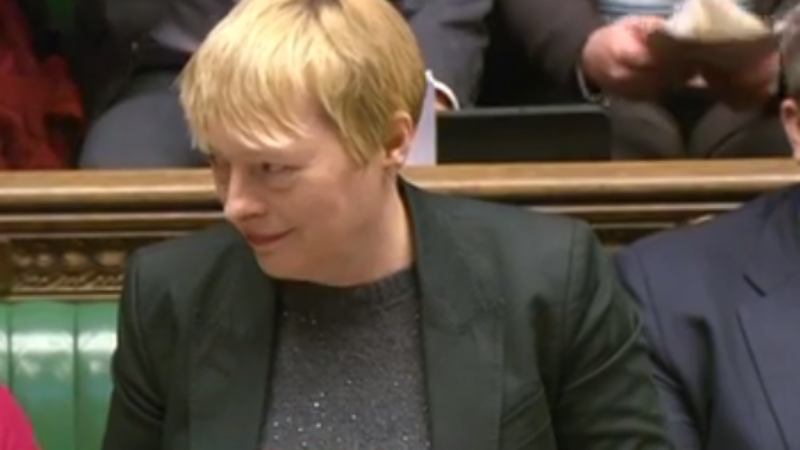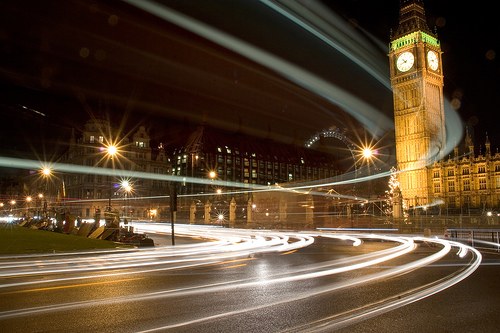

Parliament rose yesterday, marking the end of a tumultuous session. It is perhaps a fitting time to take stock of the battles of the last few months, and to look forward at the challenges to come.
The Tories have had the audacity to rebrand themselves as the “workers’ party”. The last few months have shown just how cynical this claim is.
In the Enterprise Bill we delivered the first – and so far only – Commons defeat of the Government over Sunday Trading. This was an attack on the rights of millions of working people. The current compromise works; shoppers can shop, retailers can trade, and staff can spend some precious time with their families. The changes were poorly thought through and completely unnecessary. Labour built a diverse coalition including retailers, USDAW, the Church and other parties to defeat the proposals, and secure the rights of shop workers. Asides from defeating Sunday Trading, we worked hard to strengthen the Enterprise Bill, including for small businesses.
In recent weeks we’ve been fighting to save our steel. Steel is a crucial foundation industry and Labour MPs raised the growing challenges facing the sector over 200 times in the Commons before Easter. But the Government did nothing to head off the crisis. In March, while the General Secretary of Community and Stephen Kinnock MP were in Mumbai for the Tata board meeting, fighting for the future of steel, the business secretary was on a jolly to Australia. He didn’t seem bothered about the loss of 40,000 high-skilled jobs; until he realised his was under threat too. We’ve worked with the steel unions to force the Government to take action. While there is more to do, who would have thought that this ultra-free-market Business Secretary would be stepping in to part-nationalise an industry?
Most recently, we’ve been dealing with the fallout from the collapse of BHS. This sorry saga raises serious questions about how our economy is run. The retailer was sold by Sir Philip Green last year for just £1, just months before going into administration with a pension deficit worth hundreds of millions. The workforce have seen their employer driven in to the ground and their pensions put at risk. The former owners, who took millions of pounds out of the business in dividends, seem to have walked away and left others to clean up after the mess. It bears unnerving similarities to the collapse of Comet, and suggests that the Government have failed to learn the lessons of the past. We will be working to ensure they do this time.
But perhaps the most important challenge we have faced in the last six months is the Trade Union Act. This is a clear attack on working people and their ability to organise and push for better pay and fairer conditions, as well as a transparent attack on the funding of the Labour Party. Through campaigning hard with the trade union movement and building a cross-party coalition in the Lords, we managed to secure important concessions in crucial areas, from check-off and facility time to electronic balloting and union political funds.
Looking to the future, there is a clear and pressing need for a modern industrial strategy. We need an economy that builds a shared prosperity for all with strong, sustainable growth. With UK industry again entering recession this week, it is increasingly clear that our recovery is faltering. It is built on sand; fuelled by consumer debt and a housing bubble. We need an active and enabling Government to work with businesses, unions and others to address the barriers holding back growth. Unfortunately though, in Sajid Javid, we have a Secretary of State so hidebound by his restrictive economic ideology that he cannot even utter the words ‘industrial strategy’, let alone take the action needed. So, if they won’t take action here; we will. Over the coming months, I will be working with colleagues across the party, with experts and with businesses to develop proposals for a modern industrial strategy.
But of course the immediate challenge we face the EU referendum. This is a truly momentous decision with profound consequences for our economy, for businesses, and for working people. The EU is not perfect; nothing is. But we know it has delivered huge benefits for our country. Our membership is important for jobs, for investment and for rights at work. The EU is good for business and good for working people too.
In the run up to June 23, we need to fight hard. I will be passionately making the case for our membership, campaigning hard with members across the country and straining every sinew to ensure we remain in the EU. It is a fight that we must win.
Angela Eagle MP is Shadow Business Secretary




More from LabourList
‘Labour promised to make work pay. Now it must deliver for young people’
‘Council Tax shouldn’t punish those who have the least or those we owe the most’
Two-thirds of Labour members say government has made too many policy U-turns, poll reveals